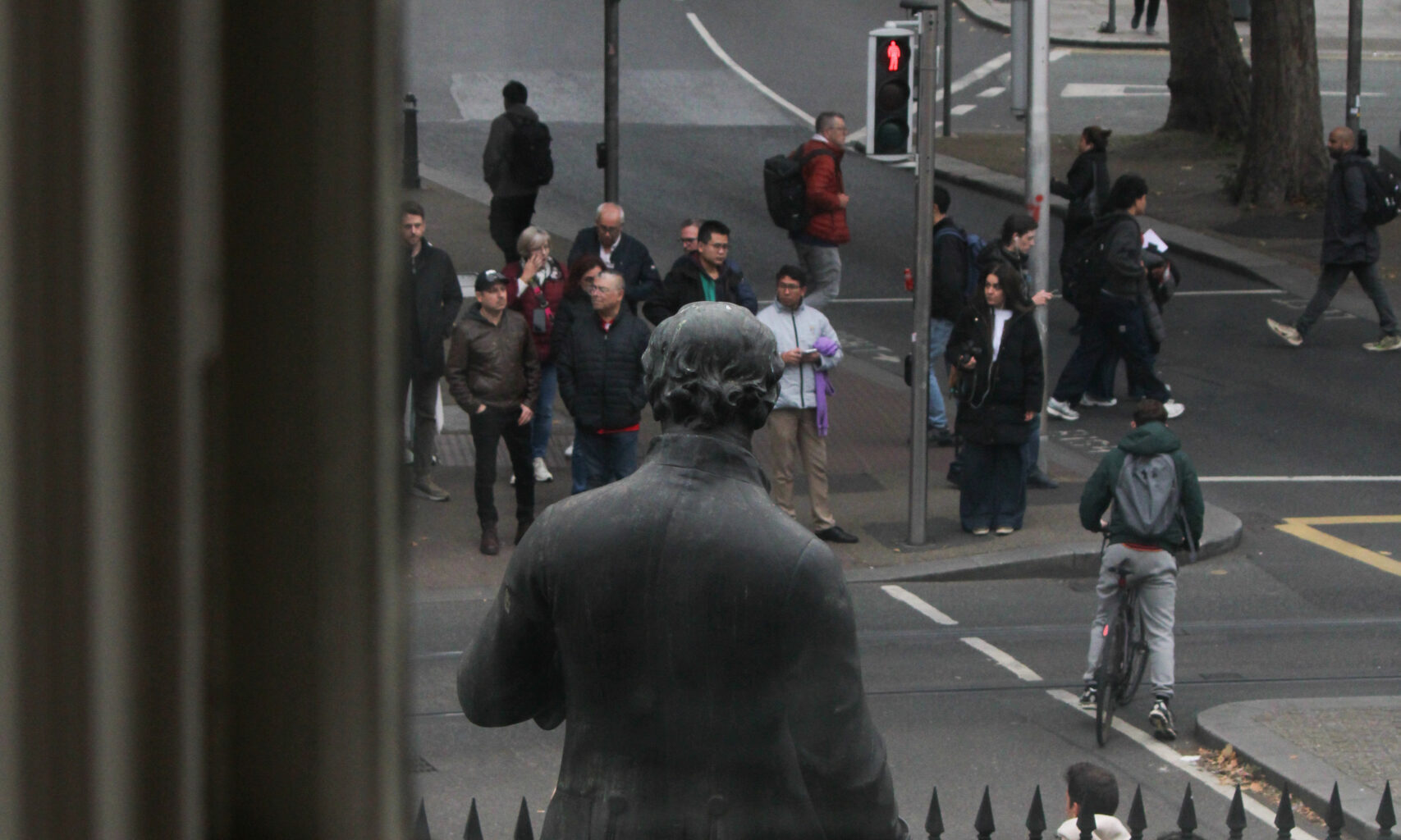A long term policy motion was put forward tonight at the second Comhairle of the year calling for a position of no-confidence to be held in the current 35th Government of Ireland by Trinity’s student union.
This motion passed with an overwhelming majority, meaning a union wide referendum will be called on whether the students of Trinity have confidence in the current Government of Ireland. The date at which the referendum will be held is to be decided on but it will likely take place before Christmas. Should the referendum be carried by the Union, it would be the first time AMLCT/TCDSU would take a position of no confidence in the Government of Ireland.
The chief issue raised by the proposer of the motion, Student Carer Officer, Natalie Byrne, was the higher fees imposed on students by the government this year in budget 2026, as well as the absence of an increase in funding for the higher education sector.

There was lively debate surrounding the motion. Argument in favour addressed how the current (35th) Government has taken “ deliberate politicized decisions” to not address concerns around funding and student fees. Additionally, Byrne argued that a long-term policy of no confidence passed by the Union would “not [be] symbolic, its pressure”.
Speakers against the motion raised how “Votes like these, make students feel so alienated”, additionally asking “im not sure what the benefit is of passing such a motion”. A procedural motion K, to move the motion to the next Comhairle failed.
Additionally, within the motion, it states that “fee increases and an absence of meaningful financial support despite government promises. Working-class and marginalized students remain excluded from College due to unaffordable fees and spiralling accommodation costs and a tottering financial support system”.
In a comment to the University Times, motion proposer, Natalie Byrne, stated “It is clear that several successful movements in recent memory have called out the failings of the current government, particularly in relation to students and student issues. If these are any indicator, then we should see this referendum passing. Students know that we should and ought to demand better from this government.”
Byrne continued, “Preventable issues such as fee hikes and accommodation crises are utterly failing us, and it is evident that we are at a critical juncture. Students must, and in my opinion they will, stand up for themselves by voting in favour of this referendum. This referendum aims to unite student voices, empower the union to challenge the actions of our current government, and most of all, envision a brighter future for the entire student body.”
The motion also explains that if the 36th government retains Fianna Fáil and Fine Gael as “leading” parties this referendum would be automatically carried to the 36th Government.

